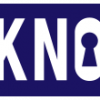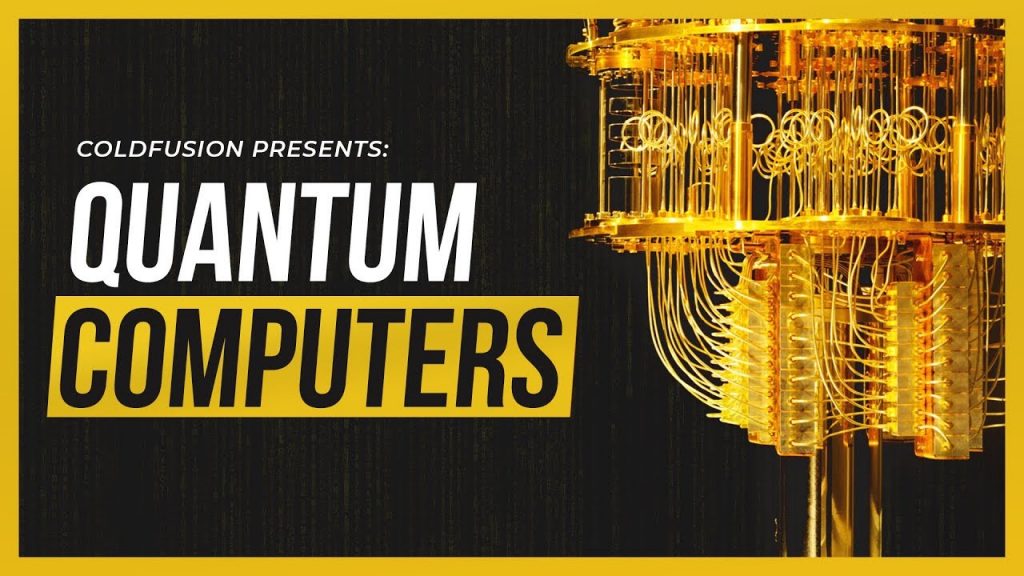Ever wanted to understand how quantum computers work – and what they may imply for our future, being that their processing power could be great enough to model and to create simulations of the universe? You’re in luck, because this excellent video by Aussie YouTuber ColdFusion makes it easy to understand.
Quantum mechanics is a field of physics that studies the behavior of the most basic and smallest parts of our universe, at the subatomic level. Reality at this level is very different from the reality we experience day-to-day but it is reality, nonetheless.
In the quantum world, things are always happening in a superposition, where particles can be in more than one state at the same time. Classical computers use bits, which are either a “0” or a “1” to process information but if we use quantum particles as data, something interesting happens. By using quantum particles called qubits and the property of superposition, they can read both as a “0” or a “1” – at the same time.
This makes the amount of data that can be represented exponentially greater. This allows quantum computers to process far more data than classical computers will ever be able to do. If a quantum computer had one hundred qubits, it would be more powerful for some applications than all of the supercomputers on Earth combined.
Three hundred qubits could hold more numbers simultaneously than there are atoms in the universe. So, what could a billion cubits do?
Entanglement is another phenomenon, where two particles can be linked, so that one particle always gives the same outcome as the other. Imagine two quantum-entangled dice. Even if they were separated on opposite sides of the Earth or even the Universe, when rolled, they would show the same result as each other, every single time.
It’s still being debated but entangled particles could mean that communication could be instant, regardless of the distance between the particles. It could be great for security, too since it potentially doesn’t use any physical infrastructure to transfer this information. This means that in the future, it may be impossible for communication to be intercepted or hacked, without the knowledge of the information’s owner.
Classical computers use logic gates to run functions. These take inputs and produce an output. This gate produces a one, if both inputs are a one. An or gate produces a one if at least one of the inputs is a one.
Quantum gates, however can do a lot more. The gates entangle change probabilities and collapse superposition qubits to produce results. Simply put, they can run all possibilities at once.
If we want to model the world, we can encode the very rules of physics into its operations on qubits, just like we would use logic gate circuits on classical bits. Quantum computers could simulate our universe, allowing us to model new molecules in arrangements we haven’t discovered and test them to find new materials. These new materials may help create other breakthroughs in science and engineering, never before thought possible from new batteries and energy sources to super-strong materials and incredibly effective medicines.
We don’t know what secrets of the universe we might unlock when we start simulating subatomic particles. The possible breakthroughs are as unknown as they are exciting but one thing is certain: quantum computers hold the potential for a radical technological developments, just like the steam engine and the Internet and we may be one day looking back and marveling at just how simple our lives once were

